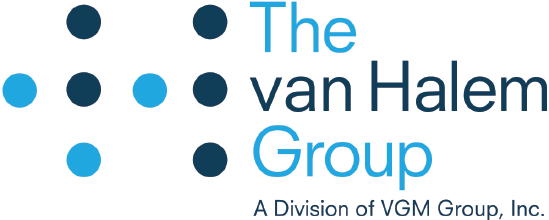On February 1, 2022, the Department of Justice (DOJ) announced on their website that they had obtained more than $5.6 billion in settlements and judgments from civil cases involving fraud and false claims against the government in the fiscal year ending Sept. 30, 2021. Of the more than $5.6 billion in settlements and judgments reported by the DOJ, over $5 billion relates to matters that involved the health care industry, including drug and medical device manufacturers, managed care providers, hospitals, pharmacies, hospice organizations, laboratories, and physicians. The amounts included in the $5 billion reflect recoveries arising from only federal losses, and, in many of these cases, the department was instrumental in recovering additional amounts for state Medicaid programs. Below, are some highlights from the article:
- Health care fraud was once again the leading source of the department’s False Claims Act settlements and judgments this past year.
- Another important priority for the department has been investigating and litigating a growing number of matters related to the Medicare Advantage program, also known as Medicare Part C, which is Medicare’s managed care program.
- Kickbacks in the healthcare industry are pernicious because of their potential to subvert medical decision-making and to increase healthcare costs. In addition to pursuing improper payments by drug manufacturers, the department resolved other schemes involving the willful solicitation or payment of illegal remuneration to induce the purchase of a good or service paid for by a federal health care program.
- As in years past, the department also resolved a number of matters in which providers billed federal health care programs for medically unnecessary services or services not rendered as billed.
- Since the start of the COVID-19 pandemic, the department has worked closely with various Inspector Generals and other agency stakeholders to identify, monitor, and investigate the misuse of critical pandemic relief monies, including the pursuit of cases involving improper payments under the Paycheck Protection Program (PPP).
- On Oct. 6, 2021, the Deputy Attorney General announced the department’s Civil Cyber-Fraud Initiative to use the False Claims Act to combat new and emerging cyber threats. The department will pursue misrepresentations by companies in connection with the government’s acquisition of information technology, software, cloud-based storage, and related services designed to protect highly sensitive government information from cybersecurity threats and compromises.
- Of the $5.6 billion in settlements and judgments reported by the government in fiscal year 2021, over $1.6 billion arose from lawsuits filed under the qui tam provisions of the False Claims Act. During the same period, the government paid out $237 million to the individuals who exposed fraud and false claims by filing these actions.
Considering that over $5 billion of the total $5.6B recovered was a result of matters regarding the health care industry, you can be sure the DOJ will continue to focus much of their efforts on health care. It’s also important to understand that the DOJ works in conjunction with other agencies, including the Office of Inspector General (OIG) and the Centers for Medicare & Medicaid Services (CMS) to conduct audits and investigations.
Additionally, it is expected that audits and investigations related to COVID-19 fraud, including a focus on PPP and Economic Injury Disaster Loan (EIDL) loan recipients will continue into 2022.
Having a strong compliance program is one of the best ways to protect your organization. Regularly auditing and monitoring your claims will ensure that the services and equipment you provide are medically necessary and billed appropriately. Compliance training will ensure that your staff is aware of health care fraud statutes and understand potential fraud and abuse situations. Open lines of communication provide a safe place for compliance concerns to be reported internally and could prevent a whistleblower/qui tam investigation. “Buy-in” from the top demonstrates the importance of compliance within your organization and sets a precedence for everyone to operate compliantly.
As recently as June 2020, the DOJ updated their instruction, Evaluation of Corporate Compliance Programs, which aids prosecutors in making informed decisions when determining resolution (or prosecution), monetary penalties, and compliance obligations for entities accused on False Claims Act violations, and other Federal violations. The guidance incentivizes strong compliance programs and acts as communication that effective compliance programs lead to “behavior changes” and preventive measures.
Have questions about compliance or want to enhance your current program? Our team can help!
The van Halem Group offers a variety of proactive compliance services to support your compliance program. Contact us today to learn more!

